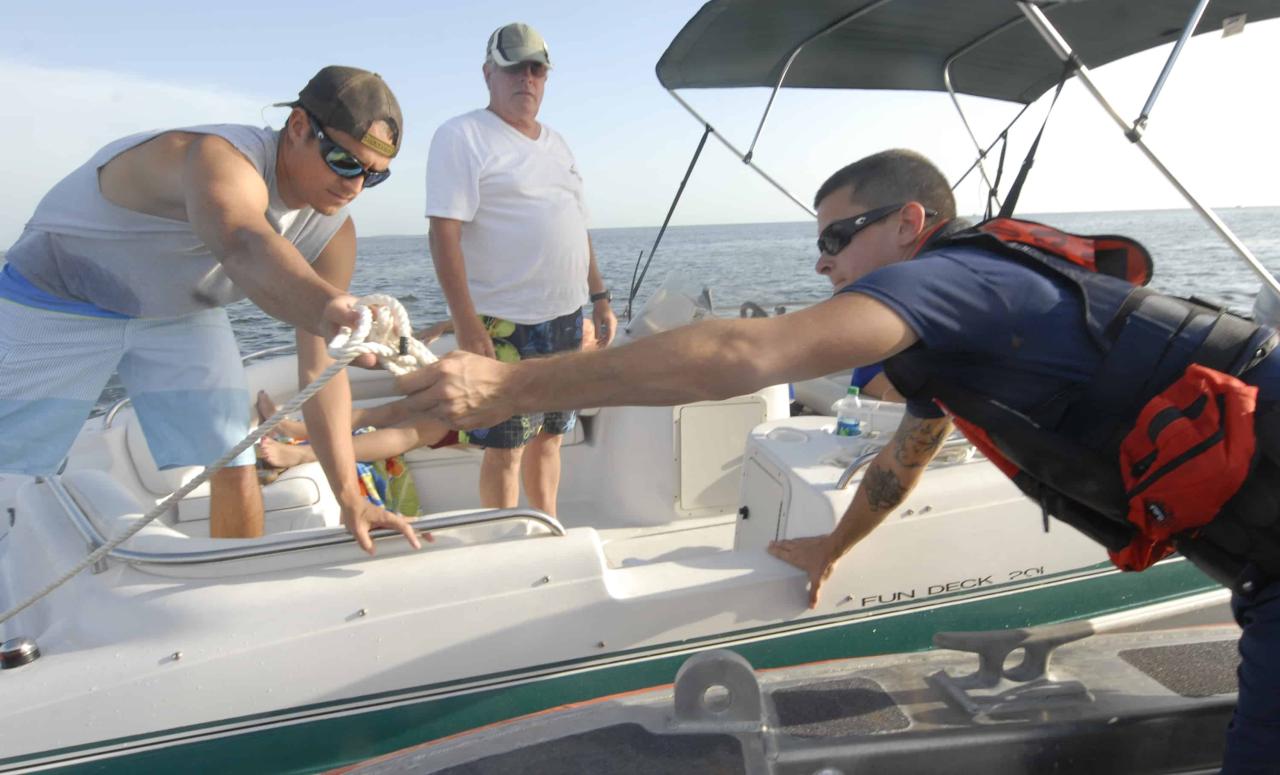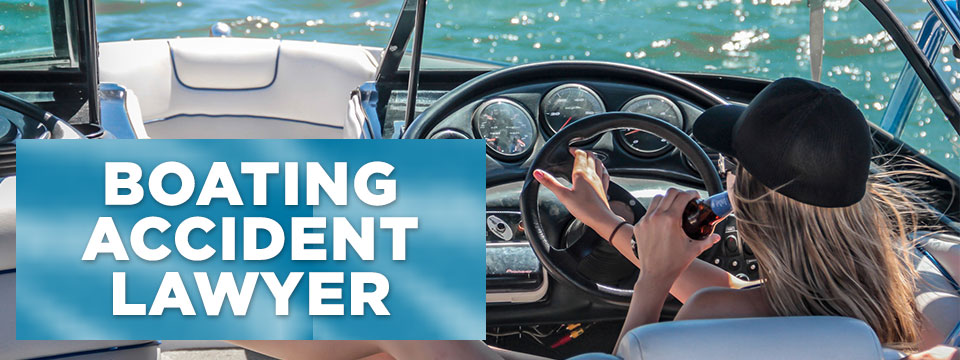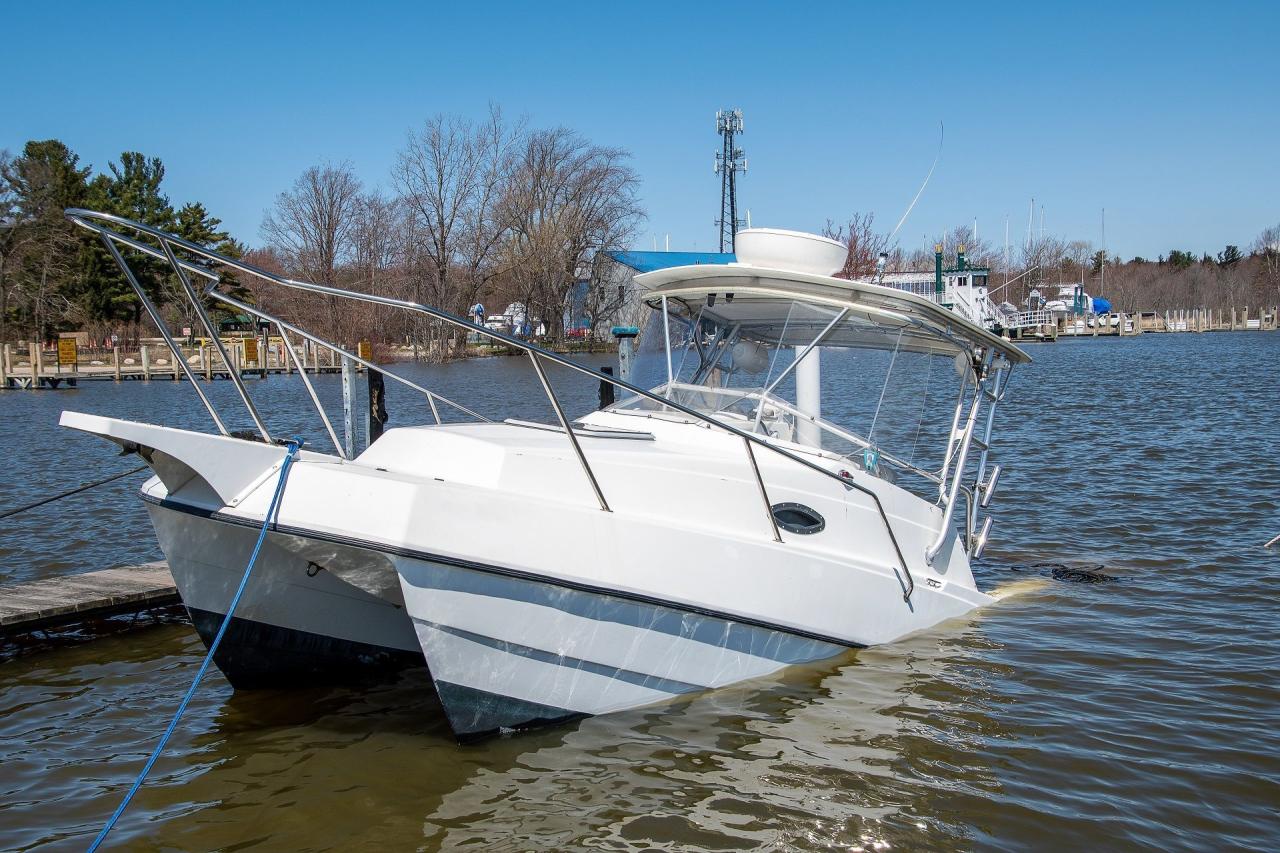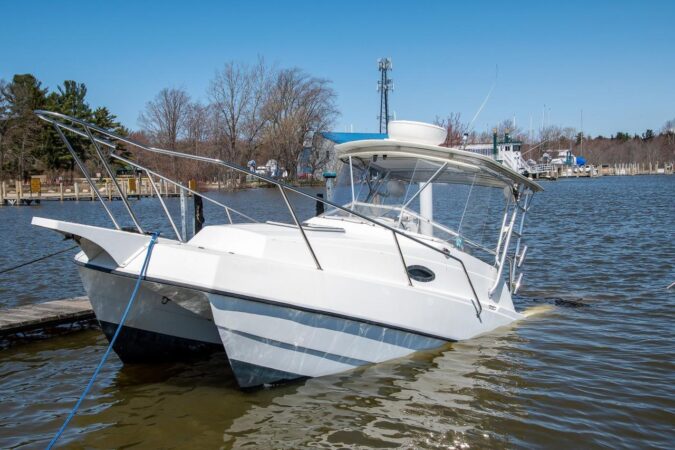
Introduction

Seeking legal representation after a boat accident is crucial to protect your rights and maximize your compensation. Without legal assistance, you may face significant challenges and potential consequences.
Consequences of Not Having Legal Representation:
- Inadequate Compensation: Insurance companies often try to minimize settlements, and without an attorney, you may accept a lower amount than you deserve.
- Missed Deadlines: Legal proceedings have strict deadlines, and missing them can jeopardize your case.
- Unfair Treatment: Insurance companies may treat unrepresented individuals differently, potentially affecting the outcome of your claim.
- Emotional Distress: Dealing with the legal process alone can add stress to an already difficult situation.
Types of Boat Accidents

Boat accidents can occur in various forms, each with its unique characteristics and potential causes. Understanding the different types of boat accidents can help boaters identify and mitigate risks, ensuring a safer boating experience.
Common types of boat accidents include:
Collisions
- Collisions occur when a boat collides with another vessel, a fixed object like a dock or bridge, or a submerged object like a rock or log.
- Causes of collisions can include operator error, such as inattention or reckless driving; mechanical failures; or poor visibility due to weather or darkness.
Capsizings
- Capsizings occur when a boat overturns, causing its occupants to be thrown into the water.
- Capsizings can be caused by factors such as overloading the boat, improper weight distribution, sudden shifts in weight, or inclement weather.
Groundings
- Groundings occur when a boat runs aground on a shallow area, such as a sandbar or reef.
- Groundings can be caused by navigational errors, unfamiliarity with the area, or changes in water depth due to tides or currents.
Legal Rights of Boat Accident Victims

Boat accident victims have the legal right to seek compensation for injuries and damages sustained as a result of the accident. This compensation may include medical expenses, lost wages, pain and suffering, and other damages.
Types of Compensation Available
* Medical expenses: Victims may be entitled to compensation for medical expenses incurred as a result of the accident, including hospital bills, doctor’s visits, and rehabilitation costs.
* Lost wages: Victims may be entitled to compensation for lost wages if they are unable to work due to their injuries.
* Pain and suffering: Victims may be entitled to compensation for pain and suffering caused by the accident, including physical pain, emotional distress, and loss of enjoyment of life.
* Other damages: Victims may also be entitled to compensation for other damages, such as property damage, loss of consortium, and punitive damages.
Choosing a Boat Accident Lawyer
Choosing the right boat accident lawyer is crucial to protect your legal rights and obtain fair compensation. Here are some tips to help you make an informed decision:
Experience and Reputation
Select a lawyer with extensive experience in handling boat accident cases. Check their track record, success rate, and testimonials from previous clients. A reputable lawyer with a proven track record will enhance your chances of a successful outcome.
Specialization in Maritime Law
It’s essential to choose a lawyer who specializes in maritime law. This specialized field requires in-depth knowledge of complex regulations, statutes, and legal precedents that govern boat accidents. A lawyer well-versed in maritime law will be better equipped to navigate the complexities of your case and protect your interests.
The Legal Process
The legal process for filing a boat accident claim can be complex and time-consuming, but it is important to understand the steps involved in order to protect your rights and maximize your compensation. The following is a brief overview of the legal process:
1. Gather Evidence and Documentation: After a boat accident, it is important to gather as much evidence and documentation as possible to support your claim. This may include:
- Police reports
- Witness statements
- Medical records
- Photographs of the accident scene
- Insurance information
2. File a Claim: Once you have gathered evidence and documentation, you need to file a claim with the insurance company of the at-fault party. The insurance company will investigate your claim and determine whether or not to accept liability.
3. Negotiate a Settlement: If the insurance company accepts liability, you will need to negotiate a settlement. This is the amount of money that the insurance company will pay you to compensate you for your injuries and damages.
4. File a Lawsuit: If you are unable to reach a settlement with the insurance company, you may need to file a lawsuit. This is a legal action that you can take to recover compensation for your injuries and damages.
5. Go to Trial: If your case goes to trial, a judge or jury will decide whether or not you are entitled to compensation. If you are awarded compensation, the court will issue a judgment.
Settlement and Trial
When you’re involved in a boat accident, you have two main options for resolving your claim: settlement or trial.
Settlement is the most common way to resolve boat accident claims. In a settlement, the at-fault party’s insurance company agrees to pay you a certain amount of money to compensate you for your injuries and damages. Settlements are often reached through negotiation, and they can be a good way to avoid the time and expense of a trial. However, settlements are not always fair, and you should always consult with an attorney before accepting a settlement offer.
If you cannot reach a settlement, you may have to go to trial. A trial is a formal proceeding in which a judge or jury will hear evidence and decide who is at fault for the accident and what damages you are entitled to. Trials can be long and expensive, but they can also be the best way to get a fair settlement.
The decision of whether to settle or go to trial is a personal one. There are pros and cons to both options, and you should carefully consider all of your options before making a decision.
Factors to Consider When Deciding Whether to Settle or Go to Trial
There are a number of factors to consider when deciding whether to settle or go to trial, including:
- The strength of your case
- The amount of money you are seeking
- The costs of going to trial
- The likelihood of winning at trial
- Your personal preferences
If you have a strong case and you are seeking a large amount of money, you may be more likely to go to trial. However, if you have a weaker case or you are not seeking a large amount of money, you may be more likely to settle.
The costs of going to trial can also be a factor in your decision. Trials can be expensive, and you should carefully consider whether you are willing to spend the time and money necessary to go to trial.
The likelihood of winning at trial is another important factor to consider. If you have a strong case, you may be more likely to win at trial. However, even if you have a strong case, there is no guarantee that you will win.
Ultimately, the decision of whether to settle or go to trial is a personal one. You should carefully consider all of your options before making a decision.





